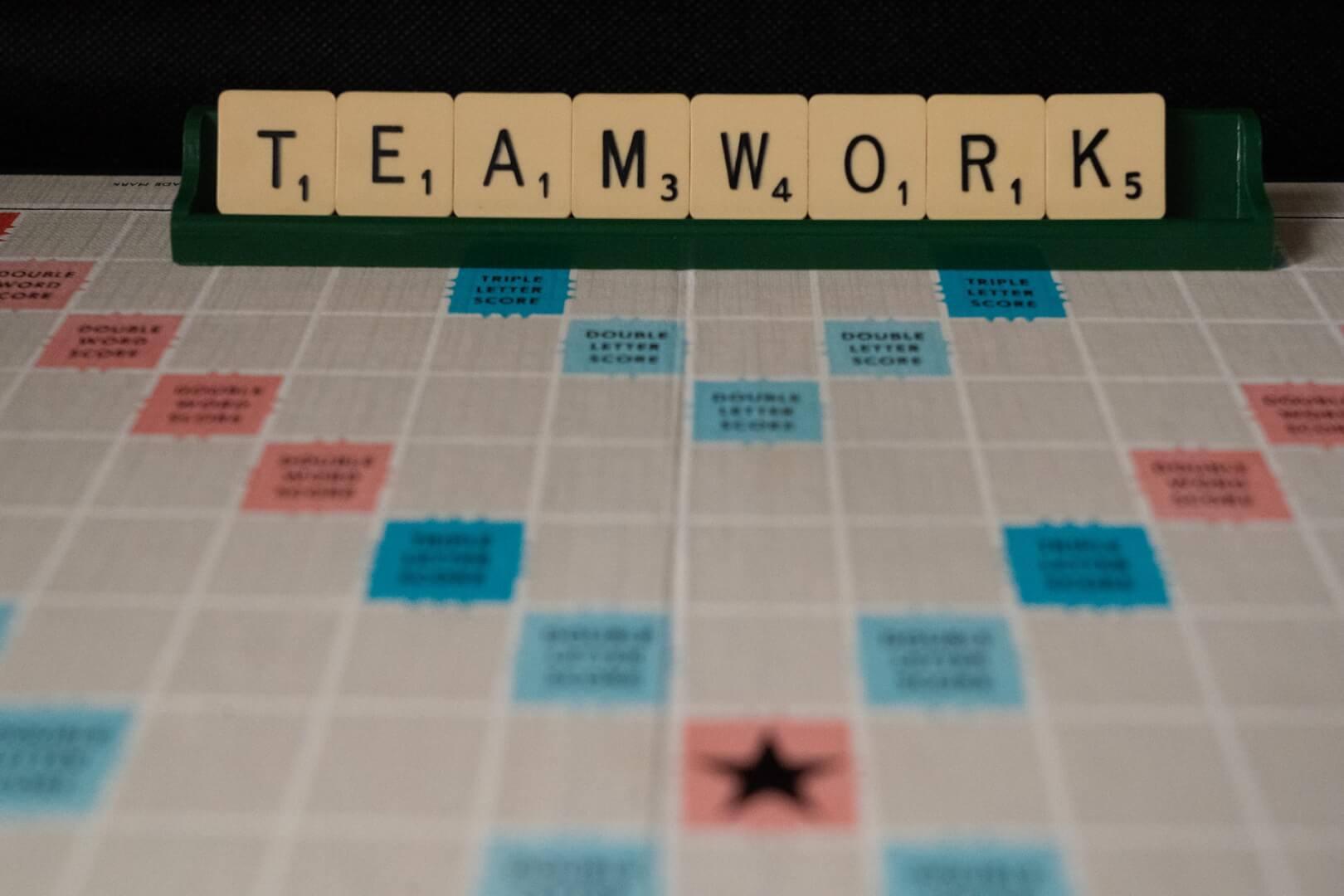Every leader today has to self-trust himself, his skills and beliefs and work on them. There are trust forces that impact us every day; they are opposite forces that act in the contrary direction of what you are trying to achieve, creating friction, resistance to what you are trying to accomplish. Other pull forces are supporting you and helping in achieving your goals.
· Micro forces are within us.
· Meso forces are between team members.
· Macro forces that reside outside of the team.
These forces are multidirectional as we send them out to others, and they send them to us, impacting us differently.
· Intrapersonal ((Micro) – It is the only one we have accurate control over. It relates to our self-awareness level, trusting ourselves, others, capabilities, and even higher power.
· Interpersonal (Meso) – It implicates our talent to develop trust with our teams when managing poor performers, different personalities, fairness, even time, get around challenging people or appear unjust.
· External (Macro) – these forces come from outside and are not of our control, diminishing trust with our team members; for instance: External and internal changes, poor corporate communication, bureaucracy, uncollaborative leaders, pandemics.)
At times, personal issues get in the way, such as concerns with a toxic collaborator, friend or family member. Or you could be criticised for the tasks you perform, making us doubt. These forces are different from person to person; you know you are dealing with self-trust when you feel concerned and avoid changes. You feel pessimistic about your expectations and talents; our decision-making abilities weaken when we worry about taking the incorrect alternatives; we can over-react or even freeze.
Leaders who do not trust themselves do not believe they are capable of guiding. Other collaborators automatically do not trust them. They might feel that the energy leaders project is wrong; they might feel leaders’ power or capabilities are weak, creating confusion.
Leaders that do not trust themselves tend not to trust others; how we trust others is a reproduction of ourselves and our anxieties and lack of self-confidence. We self-defend ourselves rather than working for our people or customers’ benefits.
Check in regularly your career as a leader, and see how you are feeling. Some questions you can ask:
– Where in your life are you not trusting yourself right now?
– Where do you feel you need to trust yourself more?”
– How would trusting yourself more improve your life?
Most leaders need to deal with significant issues when their career goes off track or feel burnt out or at a complete loss. Sometimes we need to give in to the status quo and agree that things change gradually, withdrawing from struggling opposite forces or stopping to support others who give nothing back.
To be a leader is an enduring journey; our levels of self-trust go up and down, putting forward our success and challenges all through our careers as leaders. However, leaders forget to check on them to realise where they are standing; it takes self-awareness and acceptance when we need help and acts accordingly; the sooner, the better.
Summing up: when we do trust ourselves, career and opportunities unfold working for the interests of our teams and customers, creating a better environment to foster productivity and accountability.
Are you, as a leader paying attention to the stage of the journey you are?
Dave Food
M: +44 7775 861863
Source: Supply Chain Magazine, Marie-Claire Ross, Speaker, Facilitator, Mentor at Trustologie
Photo by Nick Fewings on Unsplash









